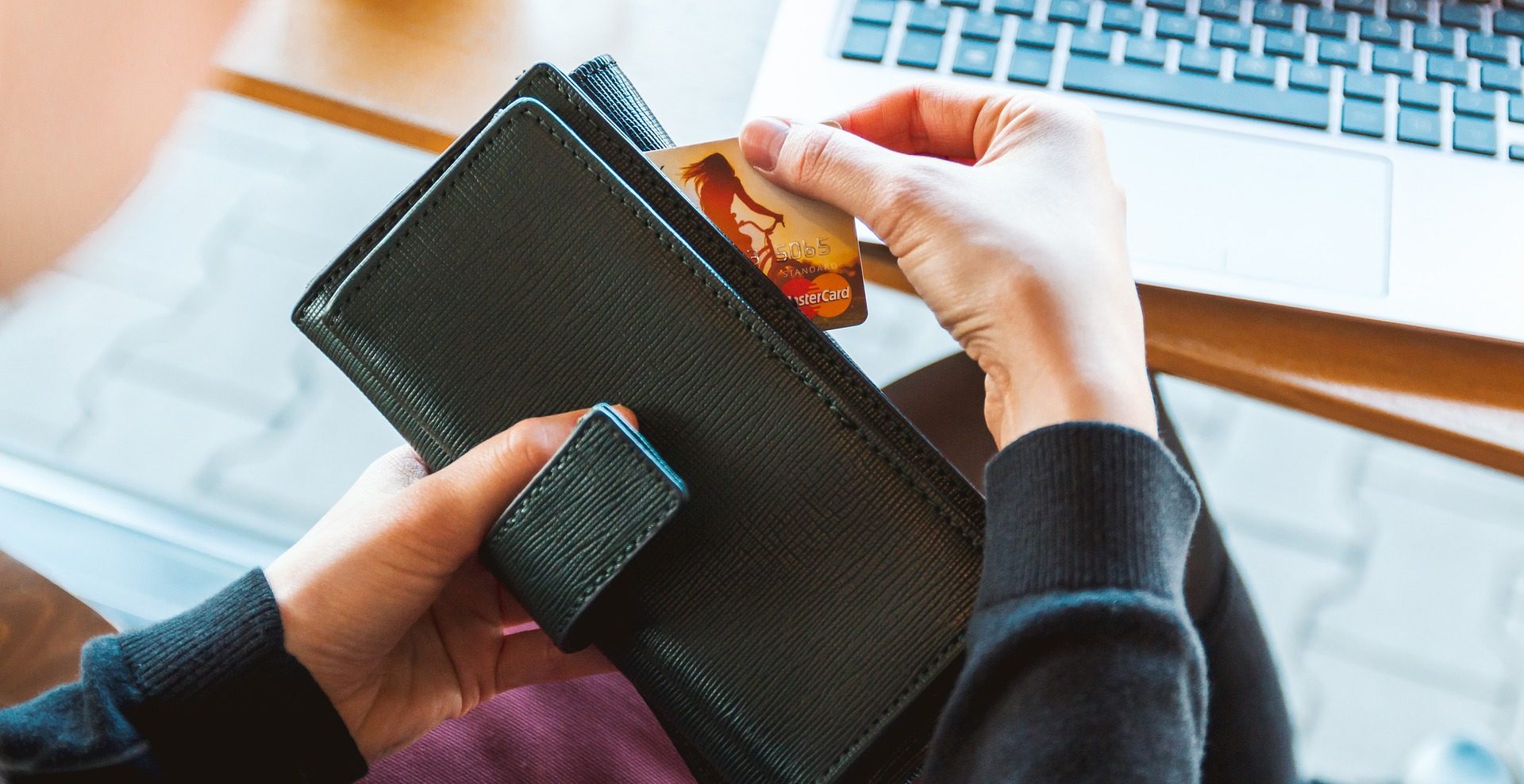When I was a teenager, I was obsessed with this Canadian reality TV show called Til Debt Do Us Part. The program followed financial guru Gail Vaz-Oxlade as she planned challenges to help frustrated couples overcome mountains of consumer debt. Some families would be asked to cook their meals at home, find an additional source of income, or even plan a budget-friendly wedding. But the first two challenges in each episode were always the same: cut up your credit cards, and create a cash budget.
As a teenager with no debt of my own, Gail’s word was gospel. I treated credit cards like the plague for years. But I realized much more recently that using a credit card almost exclusively is actually the right choice for me.
Before we get too far, I want to make it clear that this is not a one-size-fits-all approach. You may have credit card debt or be prone to accumulating it. If that’s the case, you will likely benefit from applying Gail’s advice directly. But for someone in a decent financial position with good money habits, there may be more to your credit cards than you give them (ahem) credit for. If you are in the habit of paying off your credit cards in full each month, or sooner, then read on for reasons to shift your spending in this direction.
If you have the means and the discipline, take advantage of everything your credit card has to offer (except the debt, of course).
Build Your Credit Score
The most obvious reason to start using a credit card is to start building your credit score. You might have learned this back in high school from a parent or perhaps a well-meaning teacher. Without any proof of your trustworthiness as a borrower (i.e. your credit score), financial institutions won’t be inclined to loan you larger sums when the time comes, like a mortgage, for example.
However, simply obtaining a credit card isn’t enough to build your credit score. The score is built on a variety of different factors, such as your payment history and utilization percentage. Continuing to use and pay off your card is the most reliable way to build (or rebuild) a respectable credit score.
Clear the Clutter with a Credit Card
Going back now to this idea of a cash budget. For many people, paying for everyday expenses in cash keeps the financial impact tangible. You can physically see and feel the money coming in and going out. You might feel more guilt about that $5 latte if you’re paying in loonies than if you simply tap your MasterCard. Because of this, financial experts recommend doling out your monthly budget in cash, perhaps using an envelope system to keep it all straight. Once you’re out of cash, no more spending that month. It’s that simple.
Despite its benefits, the cash budgeting system wasn’t my preference for an almost unrelated reason. I simply didn’t like carrying cash. My wallet felt bulky, and the wads of bills or handfuls of coins felt like clutter. And that’s not to mention the process of storing and organizing the envelopes I tried to use for budgeting. All of this irritation meant that I spent my money faster when it was in cash than via debit or credit. Switching to what felt more “streamlined” was actually a better solution for me than trying to force myself onto a financial diet using cash.
Tracking Your Spending
With the advent of chip-and-pin and contactless (“tap”) cards, your money may be starting to feel a little less tangible. It can become too easy to rack up small purchases without really thinking about it. However, credit cards these days also come with websites and apps perfect for tracking your spending. For the fellow graph-obsessed, this is a wonderful upgrade from manually tracking your cash-based spending!

(Before my No Buy July challenge, I had a bit of a Ritual problem…!)
Perks!
Every credit card comes with perks. They might be in the form of points, miles, discounts, upgrades, or cash back. Plus, there are lots of benefits you might not even have considered, such as insurance or roadside assistance. I personally take advantage of a PC Financial World Elite MasterCard, racking up PC points at Fortinos and Shoppers Drug Mart while paying no annual fees.
In summary, my personal tendency toward organization, planning for the future, and graphs led me to shift the majority of my spending onto credit cards. And yes, of course it’s of the utmost importance that I pay them off promptly to avoid interest!
This post is intended to be food for thought as you focus on your own finances. Remember, personal finance is just that: personal. So while my reverence of Gail’s financial wisdom is eternal, I have to apply her advice through the lens of my own experience.
If you’re a fan of Gail Vaz-Oxlade, Til Debt Do Us Part, or just personal finance in general, check out this episode of the Mo’ Money Podcast featuring Gail!
Where are you on the cash vs. credit cards spectrum? Let me know in the comments below!




I am sad beacause I did not used my credit card in good manner and lost my credit score. But thank you for making this post, So many things cleared.
I’m still working on getting out of credit card debt from a recent problem that we had. But once we’re out I’m not adverse to using this system. If you pay everything off at the end of the month credit cards can save you a little extra cash.
Totally agree! And it would be good for rebuilding your credit score once the balance is fully paid off. All the best!
If you pay everything off at the end of the month credit cards can save you a little extra cash.
You got it, Carlos! 🙌